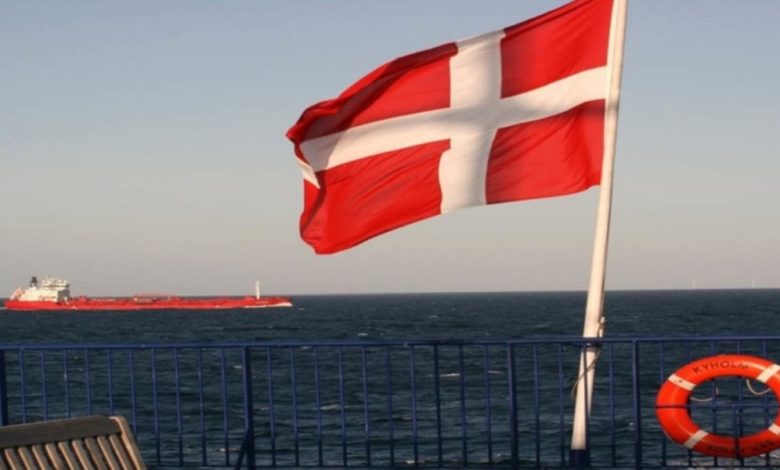Danish Shipping lays out new green transition strategy

Denmark has set out to accelerate the global green transition of shipping as part of the new strategy launched by the country’s shipowners’ organisation, Danish Shipping.
The new strategy, called “Towards Zero,” will replace the strategy “Ahead of the Curve,” which the organisation of over 90 shipowners and offshore companies pursued from 2018. The aim is to work even harder to overcome the regulatory, financial and political barriers that stand in the way of climate-neutral shipping, Danish Shipping explained.
The organisation said it would use the new strategy for the next three years to push and create the basis for the reduction requirements and ensure that the ensuing global climate regulations from the International Maritime Organization (IMO) become more ambitious. In addition, the ambition is to strengthen shipping companies’ climate reporting, create a tangible impression on the European climate package, “Fit for 55”, and finally exploit Danish shipping companies’ potential in offshore wind and carbon capture and storage (CCS).
The strategy has set the ambition of Danish shipping to be climate neutral by 2050 without the use of compensation and to have at least 5% of the Danish-operated fleet capable of running on well-to-wake net zero-emission fuels such as green hydrogen, green ammonia, green methanol, and advanced biofuels by 2030. All newbuildings ordered by Danish shipowners from 2030 are to be made ready for net zero emission fuels or other zero-emission means of propulsion.
“Denmark is a huge maritime nation and we therefore have an obligation to use our size to play a positive and ambitious role in the green transition of global shipping. The new strategy ‘Towards Zero’ therefore aims to accelerate the transition of shipping to becoming emission-free. Together with the government, we can show the way – not only in Denmark but globally,” said Jacob Meldgaard, CEO of Torm and chairman of Danish Shipping.
In addition, the organisation said it would ensure that shipping companies in the future have people with the skills needed in the industry. As a result, shipping companies will in the future guarantee 400 training places per year, compared to 350 previously.
“It’s a hard battle for talent. And in the short sea shipping segment and on offshore vessels especially, we are short of people with the right skills. So I am very pleased that we are now raising the bar and in future will guarantee 400 young people a training place every single year,” added Meldgaard.
